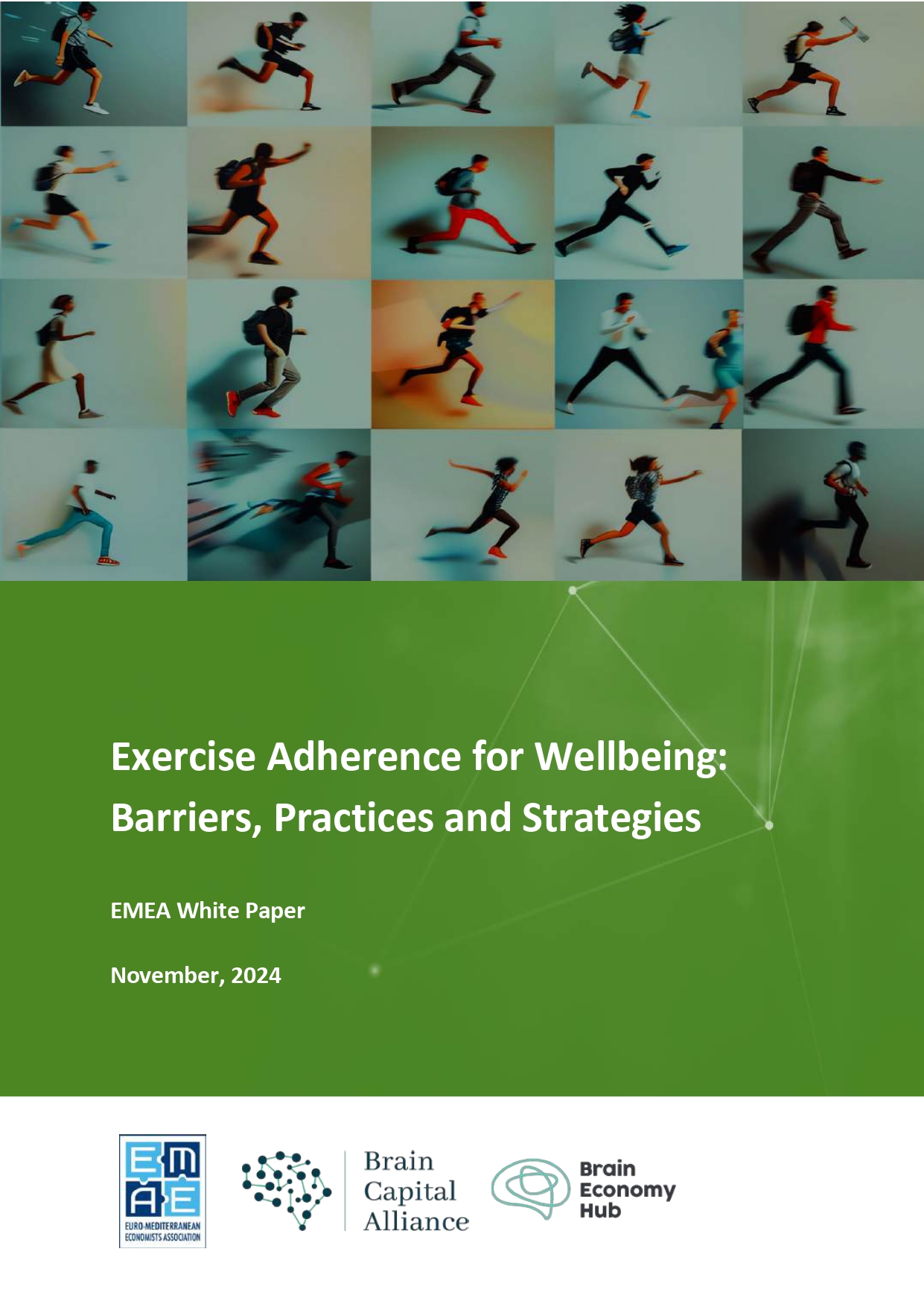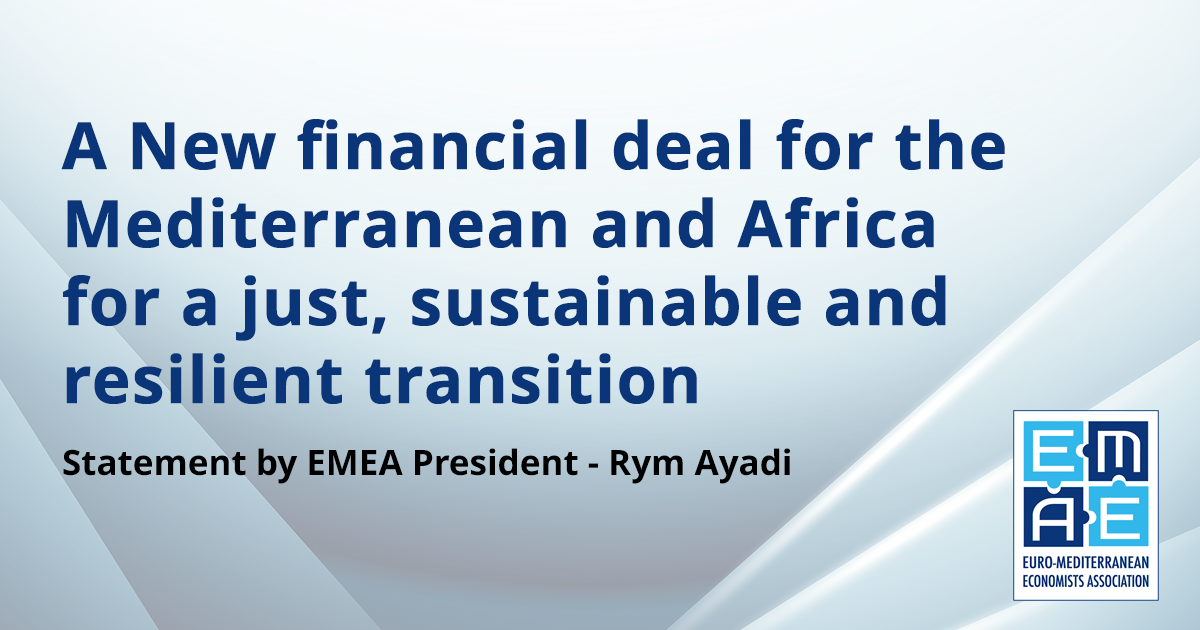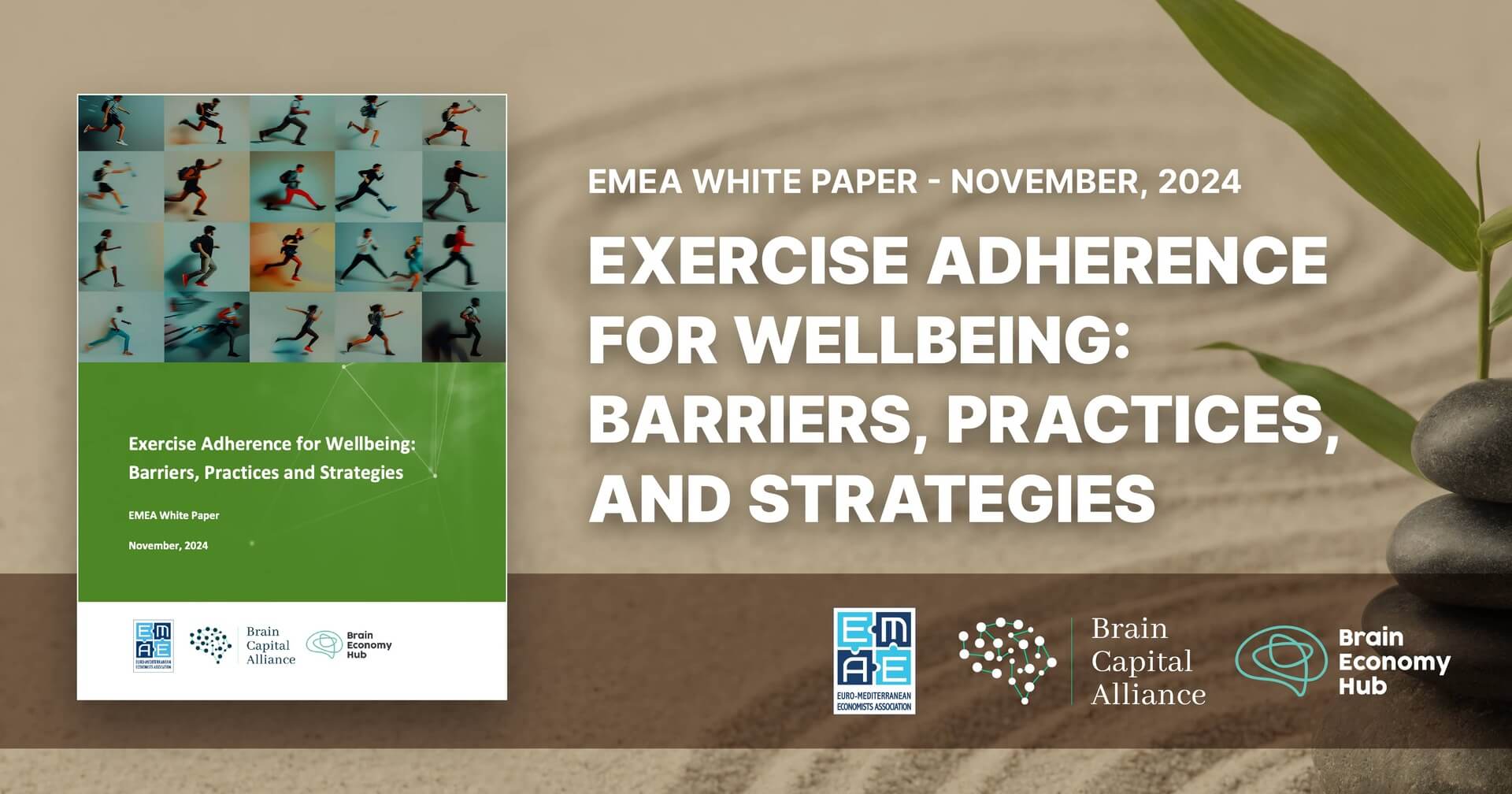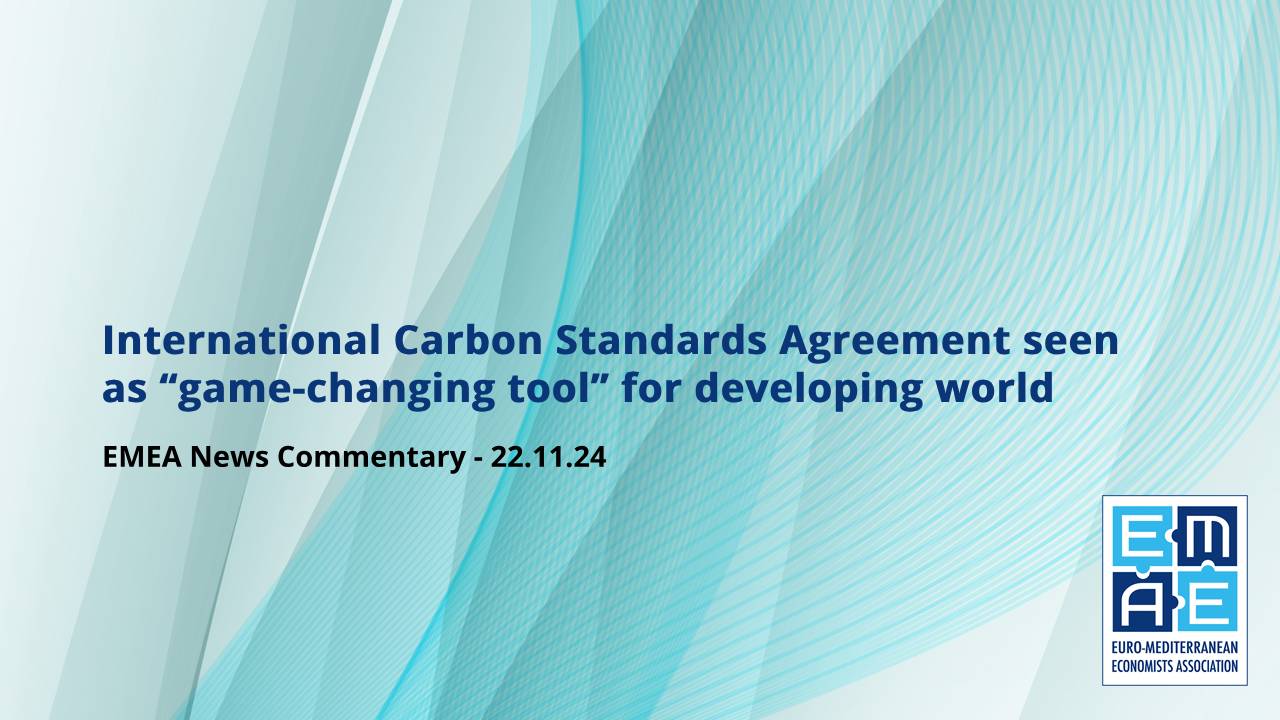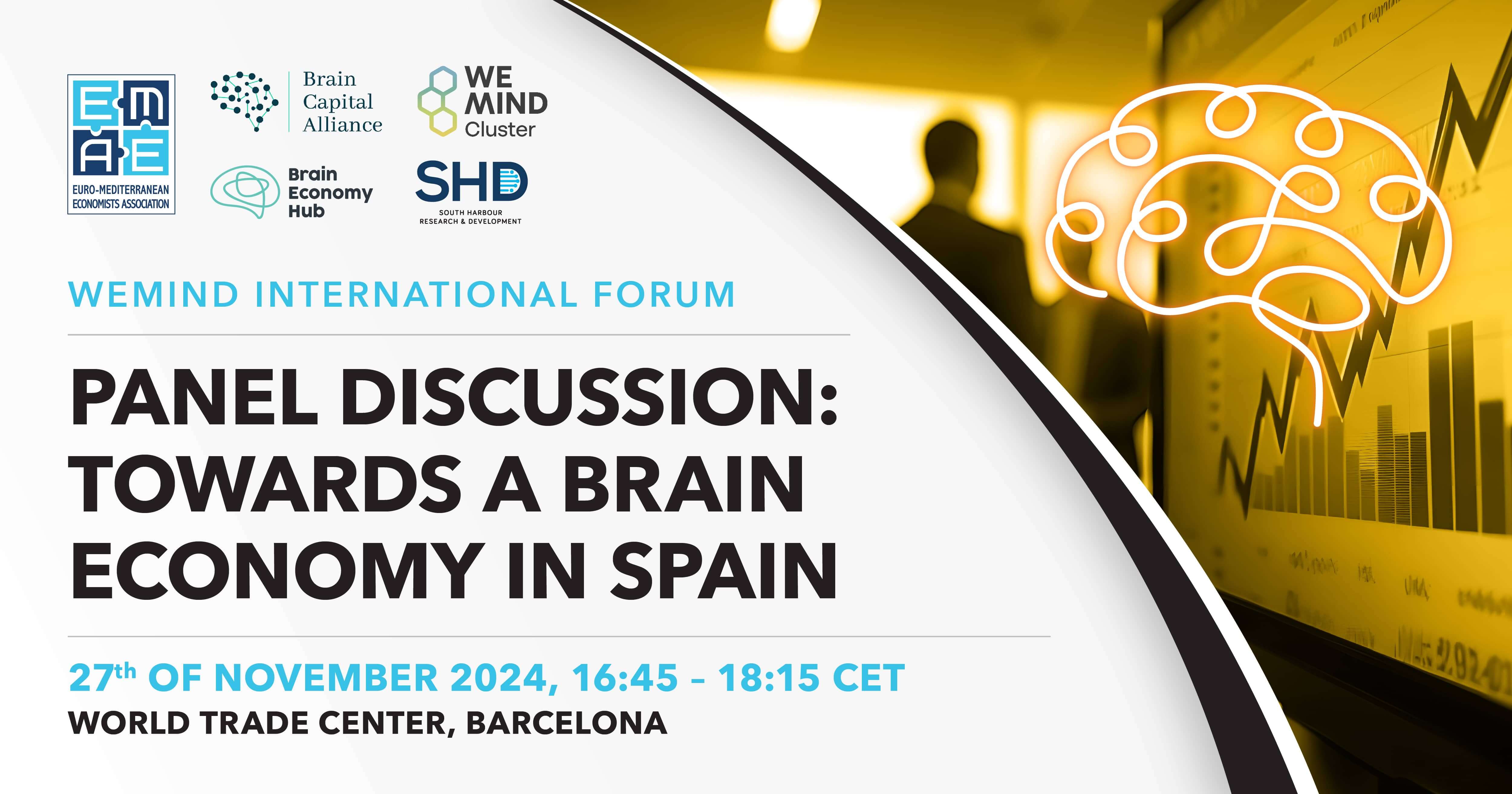On 22-23 June, 2023, a global summit – A Paris Agenda for People and the Planet – to establish a new global finance pact, aimed at enhancing international solidarity, largely did not deliver to the expectations of the developing countries. These countries have been battling between development and climate change challenges in a context of global geopolitical and geo-economic uncertainties.
The external shocks i.e., the COVID-19 crisis, the war in Ukraine, coupled with the climate crisis have all tested the traditional models of development and integration around the globe.
Within the space of a few months following the global pandemic, global trade, FDI and remittances have declined dramatically after the widespread lockdowns and subsequent economic slowdown. Global value and supply chains have also been disrupted and the mobility of people put on hold, leading many to rethink models for economic security and new approaches for economic resilience and overall retreat from globalisation.
It has become apparent from the war in Ukraine that reliance on fossil fuels for development is no longer an option and that investing in renewables is the way forward to tackle climate change challenges and to achieve the Paris agreement targets, potentially creating new forms of complementarities between Europe, the Mediterranean and Africa.
Climatic crises have added to the socio-economic pressures, making it very hard for governments around the world to mitigate against climate risks with their existing depleting financial resources and without large financial support and meaningful reforms of the global financial architecture.
Prior to these multiple shocks, countries that had developed a solid digital infrastructure and connectivity have been more prepared than other countries to continue delivering basic services such as education programmes, financial activities, telecommunication operations, development of clean energy sources and pipelines, and participation in global value chains. Several efforts have been deployed to produce essential products and services domestically and/or close by, in order to avoid the detrimental effects of global supply chain disruptions and export restrictions, particularly for essential goods (food and energy). Moreover, calls have multiplied to accelerate the green transition, to comply with the requirement of the Paris Agreement to reduce polluting activities.
Looking at the prospects of regional cooperation and integration between Africa, the Mediterranean and the European Union (EU), several factors must come into play, to define more just, resilient models and transparent processes:
- The alignment with the United Nations Sustainable Development Goals (SDGs);
- The role of digitalisation;
- Regional value chains and the importance of EU proximity to the Middle East and Africa;
- The acceleration of the development of green energy sources (renewables) and;
- The new models for financing sustainable development based on guarantees proposed by Ayadi (2022)[1].
The EU, as a regional actor, has to reset its partnership with its neighbours in view of mounting geopolitical competition, at the risk of becoming an obsolete actor. And mainly it should focus on economic and financial cooperation, as we argued in a book we published last March[2].
On the financial side, it is essential to continue rechannelling the Special Drawing Rights (SDRs) (far beyond the 100 Bn USD) to low and middle income countries, particularly in the Middle East and Africa, and to develop new financing mechanisms, in order to maintain economic and financial stability and sustainability within these countries, whilst engaging the private sector in accompanying this development and increasing the pools of financing and investment into the region with the appropriate guarantees.
And to extend the EU Green Deal to the Mediterranean and Africa. This requires a well-designed financing and investment plan, with technology transfers to boost renewable sectors; adaptation and mitigation plans to tackle climate change; decisive action towards the net zero scenario; green and sustainable entrepreneurship; a change to the SME business model towards greater alignment with the SDGs; and collaboration between universities and the public and private sectors. Equally, a clear Euro-Mediterranean and EU-Africa strategy should be designed for biodiversity conservation and the preservation of species in the sea and on land.
In addition, more funding in research and development is needed, to accelerate the green transition and the circular economy towards more sustainable patterns of consumption and production, and systematic transfers to businesses (for profit, social objectives and multiple bottom lines). Upscaling functioning regional centres, such as the ones under the Mediterranean Action Plan and Stockholm Convention[3], could help the acceleration effect, whilst creating appropriate synergies with innovative approaches to sustainable finance anchored in environmental, social and governance (ESG) measurement, disclosure and monitoring.
Finally, private and public-blended financing and systematic monitoring of the use of these funds is essential to accelerate the transition towards complete independence from extractive sectors and exporting countries, and full reliance on renewable energy and technologies, such as green blue and other forms of hydrogen.
Our proposal for a new financing model that allows all countries to transform their economies first via stabilisation and second via sustainable financing is to put in place a public-private SDG-compliant financing fund/plan, as proposed in Ayadi (2022)[4], as part of a global post-COVID and post-war recovery plan.
The aim of the plan should be to accelerate the transition towards the net zero scenario and to fully comply with the SDG principles and relevant indicators. The fund should be first employed to restructure the existing debt pile and related interest payments, and second to finance a sustainable recovery and transition towards the SDGs and net zero.
This mechanism used could take the form of a partial guarantee (between 40 % and 60 %) issued by the International Monetary Fund (IMF) Resilience and Sustainability Trust (RST), which has the financial capacity, thanks to an enhanced extension of the special drawing rights (SDR) allocation, to help those countries in difficulty to: i) issue long-term maturity (up to 50 years) Recovery, Resilience and Sustainable Transition (RRST) bonds, with lower interest rates (no higher than 1 % above market interest rate levels on the US dollar); ii) transform existing unpaid debt using this mechanism; and iii) finance their recovery plans and sustainable transition to 2050, in line with the SDGs. The plan should be accompanied with a requirement of transparency on the use of funds from this plan.
For this to happen, the EU, together with key private sector players, should engage in a taskforce to use the funding under the Multiannual Financial Framework (MFF) and Team Europe, to partially guarantee these new issuances and to channel part of the SDRs under the RST. At a later stage, an EU-Mediterranean-Africa taskforce should support the countries of the Mediterranean and Africa in engaging in a meaningful integration process. And whilst these countries engage in such a mechanism, they could start revamping their monetary and fiscal policies and engage in further integration, looking at examples such as the eurozone and the European Stability Mechanism.
In a post-COVID-19 era and following the war in Ukraine, regional integration models and processes must be revisited to factor in these new conditions. It has become evident that there is an acceleration of digitalisation, which is creating a deeper digital divide and greening, which is exposing those countries that are locked in a polluting economic model. In the Mediterranean and Africa, digital and green agendas that encompass all dimensions of regional integration and are compliant with the SDGs, should be the priority of the EU in collaboration with the international partners, the neighbourhood countries, and regional and international organisations. A model of financing, anchored in a new philosophy, is needed to drive Europe, the Mediterranean and Africa towards a path of transparent, responsible, inclusive and sustainable growth.
It is only with the commitment of all countries and parties that meaningful progress is made post the New Financial Global Pact Summit in Paris, which did not match the expectations of the people and the planet.
[1] Ayadi, R. (2022), A proposal for a blended financing framework for recovery and accelerated sustainable transition, T20 Indonesia Policy Brief, August, https://euromed-economists.org/download/a-proposal-for-a-blended-financing-framework-for-recovery-and-accelerated-sustainable-transition/
[2] https://euromed-economists.org/download/europe-after-the-war/
[3] http://www.pops.int/TheConvention/Overview/tabid/3351/Default.aspx
[4] See footnote 2.

